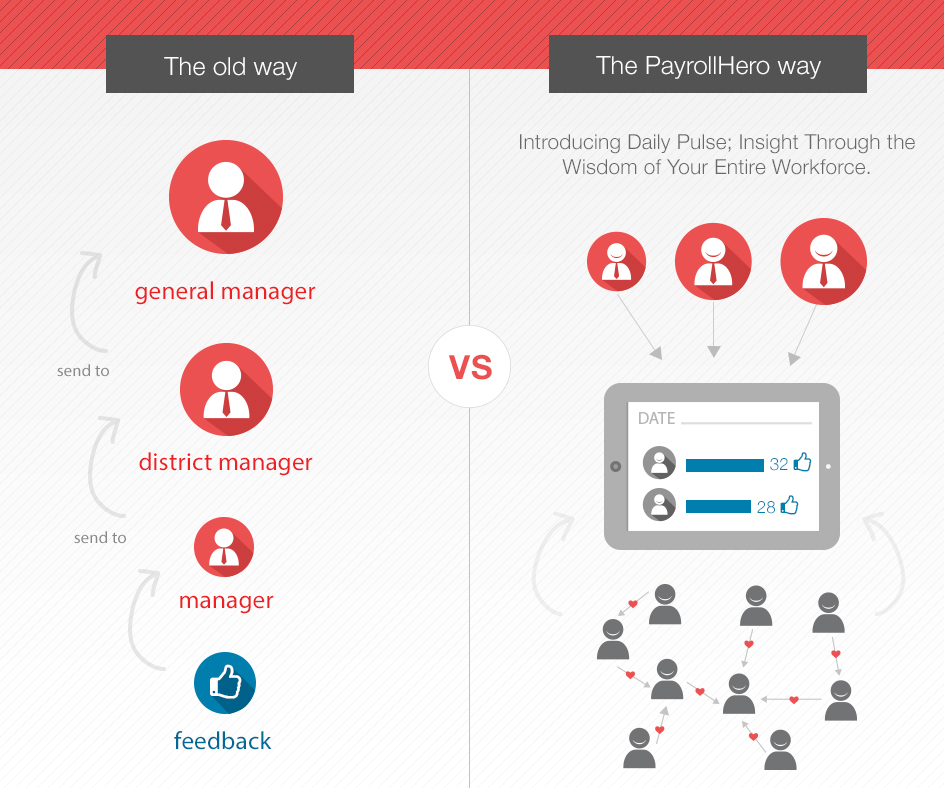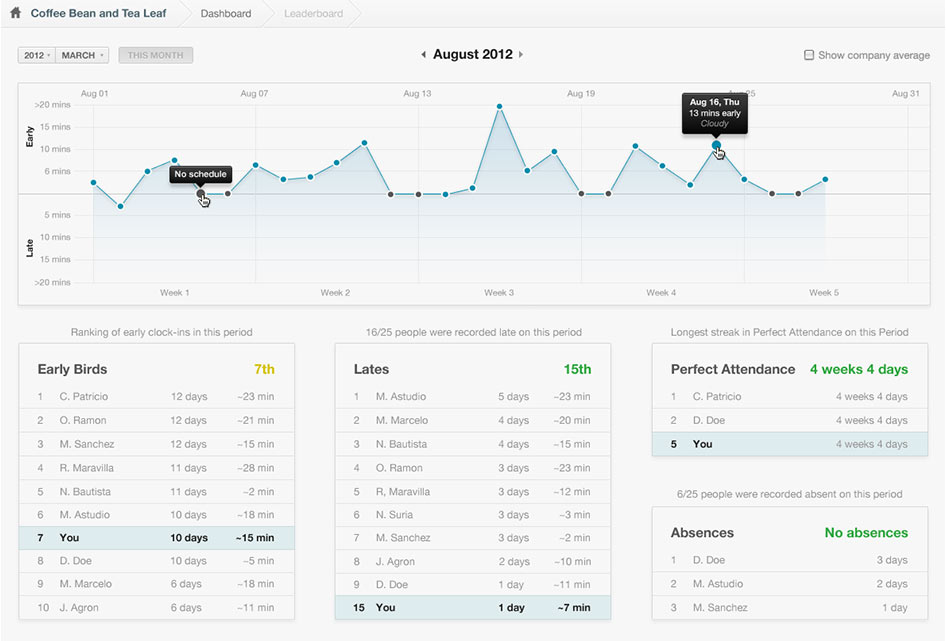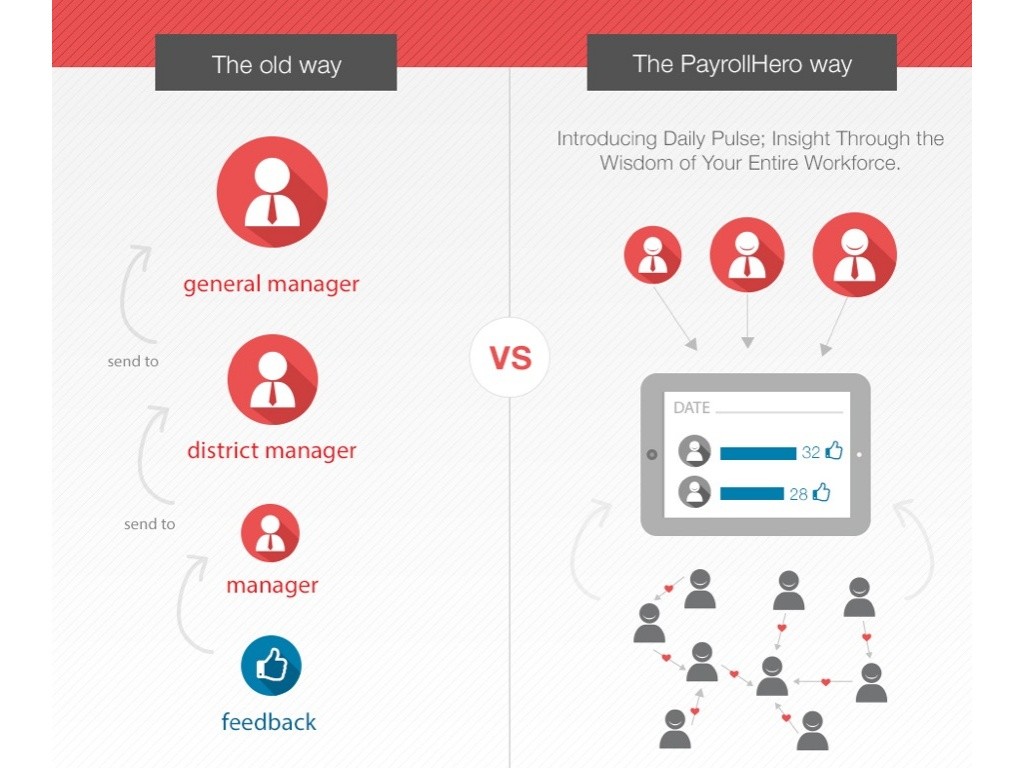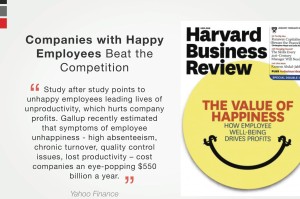It always starts with a feeling. You feel that your current job is not utilizing you to your full potential. Or you feel that your superior is not sharing opportunities where you can apply for a lateral or higher position. Or you feel that it’s okay to be a little more reckless and cut corners on work or incur more lates, absences than usual since they don’t pay attention to you anyway.
Then that feeling turns into something you can’t shake off. Your superior would no longer share or confide work opinions with you. Some of your work responsibilities have been endorsed to a teammate. Instead of commendations, you start getting an infraction or warning letters from HR. You’re getting excluded from meetings you used to attend before. Conversations with colleagues are no longer warm, and people you’re close to are already advising you to look for new job openings instead.
If you have experienced some of these things, it’s more likely that you are on thin ice at work. But don’t resign yet.
Resign or Stay?
If you think resignation is a pragmatic solution, you’re not alone. In fact, most employees opt to quit their jobs when things don’t go their way.
But quitting doesn’t usually solve your problems at work, and it is most likely that you’d be encountering the same issues in another job if you don’t know how to deal with it in your current job.
So before you write up your resignation letter, ask yourself these questions first:
1. Do I have the money to keep me afloat until my next job?
Money is usually a good reason for you to stay right now. It is definitely a solid reason, especially if you are receiving a hefty paycheck or a salary amount that covers the bills and allows you to enjoy certain conveniences.
But for some people, they usually hang on to their current job until they have built enough savings to support them the moment they resign and move on to the next job.
2. Is my unhappiness at work because I am unsatisfied with what I currently do?
While a hefty paycheck is a good motivator, doing a job you hate will obviously burn you out in the long run. If you tried applying for a higher position in the company but got rejected, you should probably think about your current potential and what skills/higher education you need to acquire to be more desirable. Staying put in your current job could be extra points for you if your company values loyalty, so the next best thing to do is to put in extra work on skills improvement.
The best people to assess your potential are:
- Your current team lead/supervisor
- HR; and
- The current team lead/member if the role requires being transferred to a different department.
Daily Pulse is a TeamClock iOS beta feature on PayrollHero that measures the team’s KPIs (key performance indicators). Data mined by Daily Pulse could help you and your team lead or supervisor assess your main strengths and improvements needed to be better at your job and be a potential candidate for a position you might want to pursue in the future.
3. Will my stay at my current company open doors for me for my career?
Considering your company’s influence is still an important assessment to make when deciding to stay. Staying in your current job at a top company for a while longer is a good idea, but it doesn’t mean you have to rely on your company’s reputation alone.
Build a referral network of people — establish relationships with people who can speak to your core personality and strengths and your on-the-job conduct and work-related skills. While your supervisor or team lead could be a perfect character reference, try to seek managers or executives who can attest to your work ethic.
4. Do I need to stay to master certain skill sets that would be great for my career progression?
It’s tough to be positive about your current job when you don’t like to do it or feel that you are not progressing from it. But think about your current job as an opportunity to master skills that would be vital to your career progression.
In order to do so, you first need to change the way how you view your work. For example, taking calls may not look like a skill to you, but being a master of customer service is. Inputting data might be a mundane task, but being an Excel or spreadsheet expert could be the very edge you’ll have a future position you want.
5. Are you feeling uncertain about your job security?
People who have received infractions at work typically take the easier way out by preempting HR’s move to fire you and resigning instead. This way, they avoid getting bad marks on their record that could affect their employment chances for a different company.
On the other hand, there is a way to turn your situation around. We’ll let you in an industry secret: it’s cheaper for even big companies to keep people than hiring new staff to replace you. Unless your company does not foresee the need of keeping the position or would need to lay off people, or you have done something that accounts as a criminal offense, they will want to work with you to see to it that you’d remain to be an effective member of the team.
If you’ve been missing too many work days, messed something up at work, or been incurring too many lates, it’s always best to reach out and have an open, frank communication with your supervisor or team lead. This way, you can both work out a plan on how to overturn your infractions and improve your current performance.
Your supervisor or team lead can provide a data-backed assessment of your work performance using Analytics, a PayrollHero tool. Analytics provides insights about employee attendance so you and your supervisor or team lead could come up with strategies like flexible or behavior-centric scheduling and site assignment.
Final Words
People flounder in their jobs every now and then, so not doing great at work is not a unique problem. The best thing for you to do if you are in this position is to establish first what you really want to do, assess steps on how to get there and tough it out to get a solid handle on things in your job you don’t really like. There’s no point in resigning if you’re jumping into a new one that you end up regretting over.
At PayrollHero, we believe in creating a happy workplace for both employees like you and your boss. We develop products and features specifically designed to create an environment where you can reach your potential to do not just great things for your company, but also to your career.








